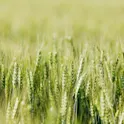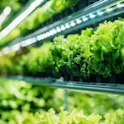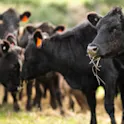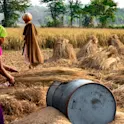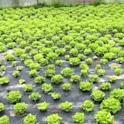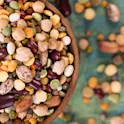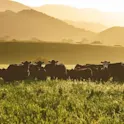Climate action
16 Nov 2023
Inequality hotspot map shows where women in agriculture are hit the hardest by the climate crisis
by Deborah Pirchner, Frontiers science writer Image: Shutterstock.com Women working in agricultural sectors in low- and middle-income countries are disproportionally at risk from climate change induced hazards, such as droughts, floods, or shortened crop-growing seasons. Now, researchers have developed a map showing localities where climate change risk for women in agri-food systems is especially high. Ranking 87 countries, they found that women in central, east, and southern Africa, as well as west and south Asia are at particular risk. Threats posed by the climate crisis disproportionally affect certain communities and social groups that are more exposed. People living in low- and middle-income (LMIC) countries are at heightened risk. Within these countries, women typically face higher climate risk than men. To show where women working in agri-food systems – systems that encompass production, but also post-harvest handling and distribution – are most threated by climate change, an international team of researchers has developed a hotspot map that identifies and ranks localities by threat level. “We show that significant climate hazards, high exposure faced by women in agri-food systems, and high vulnerability faced by women due to systemic gender inequalities converge particularly in central, east, and southern Africa, as well as in […]

